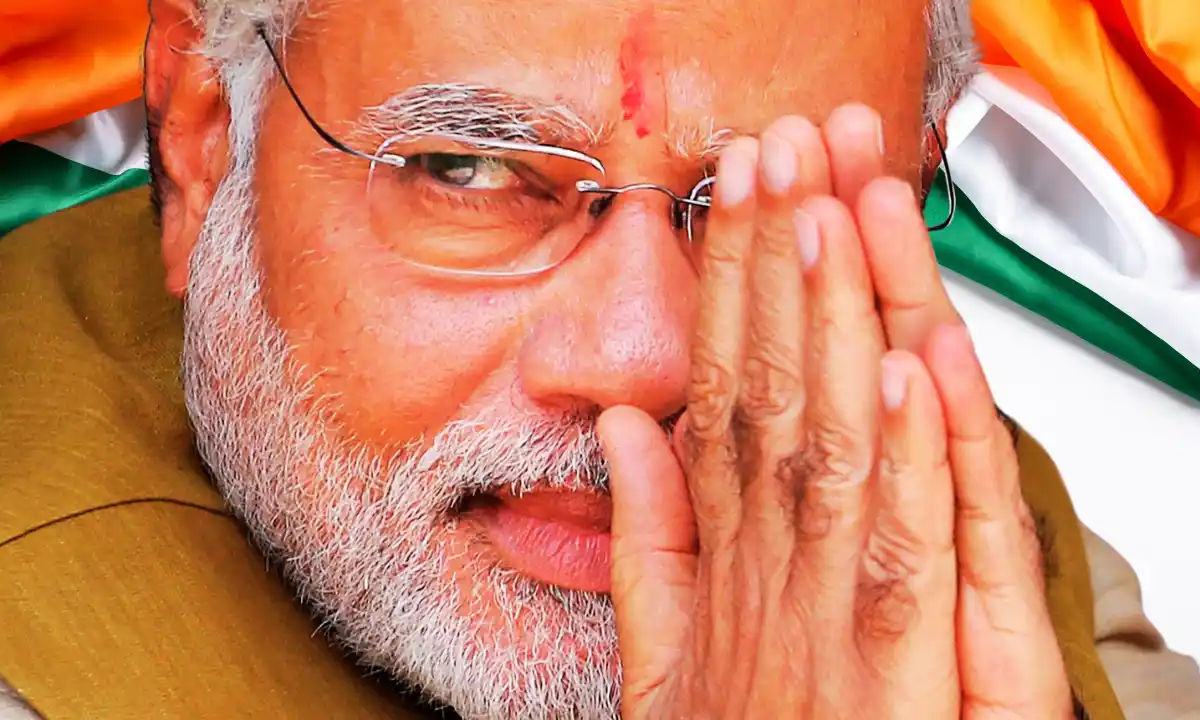
Unraveling the Notion of ‘Vishvamitra’: Is Modi’s India a True Global Friend?
In recent years, Indian Prime Minister Narendra Modi has coined the term ‘Vishvamitra’ or ‘friend of the world’ to describe India’s global role. This concept has become a focal point of Modi’s administration, portraying India as an independent power distinct from China, the US, and Europe. But what lies beneath this ambitious proclamation, and how does the world perceive India’s claim to global friendship?
The Vision Behind ‘Vishvamitra’
Sreeram Chaulia, the director general of the Jindal India Institute, suggests that Modi’s campaign aims to position India as a leading voice in the Global South. Rooted in principles of friendship, cooperation, coexistence, and mutual benefit, this vision seeks to establish India as a unique force in the international arena.
India’s diplomatic endeavors, such as hosting the G20 summit in New Delhi, have showcased its commitment to cultural and diplomatic ties on a global scale. However, recent diplomatic tensions have raised questions about whether the world truly perceives India as a friend.
Diplomatic Challenges and Controversies
Following the G20 summit, diplomatic disputes surfaced, challenging India’s proclaimed status as a global friend. Accusations from Canadian Prime Minister Justin Trudeau regarding India’s involvement in the assassination of Sikh activist Hardeep Singh Nijjar on Canadian soil strained relations. Similarly, the US claimed to have foiled a plot to assassinate an American citizen advocating for a Sikh separatist state, further complicating India’s global image.
On the domestic front, India’s decision to fence off its border with Myanmar amid escalating conflicts and the Maldives’ removal of Indian troops in favor of stronger ties with China have added complexities to India’s global narrative.
India’s Credibility on the Global Stage
Harsh Pant, an international relations expert, argues that India’s credibility has increased in recent times. Despite concerns that the war in Ukraine might strain India’s ties with the West, the strategic partnership between India and the United States remains robust. This resilience stems from the recognition of China as a long-term problem, fostering stronger ties between India and Western powers.
India’s refusal to join the US-led sanction campaign against Russia, despite disagreeing with its actions in Ukraine, highlights the complexity of India’s diplomatic balancing act. The acceptance of discounted Russian oil, leading to increased imports, underscores India’s ability to navigate global dynamics while maintaining crucial relationships.
The Strategic Partnership with the United States
India’s Foreign Minister, Subrahmanyam Jaishankar, declared during an October 2023 visit to Washington that ties between India and the United States were at an “all-time high.” US Secretary of State Antony Blinken reciprocated, labeling the relationship an “extraordinary success story.”
Chietigj Bajpaee, a senior fellow for South Asia at Chatham House, emphasizes that the India-US partnership is deeply embedded in efforts to strengthen relations in defense, technology, and energy sectors. India’s unique position as a major economy with favorable relations across the globe, including Iran, Israel, Russia, and Europe, further solidifies its status as a ‘Vishvamitra.’
‘Neighborhood First’ Policy and Global Aspirations
Upon assuming office in 2014, PM Modi revitalized India’s ‘Neighborhood First Policy’ (NFP) by inviting leaders of South Asian Association for Regional Cooperation (SAARC) countries to his oath-taking ceremony. However, as India emphasizes its role as a leader in the Global South, questions arise about whether it aims to transcend its immediate neighborhood.
Challenges emerge as three neighboring countries face IMF bailouts, civil unrest, and adversarial relations. As conflicts persist, India may find itself pressured to take sides, especially in forums where China promotes an anti-West agenda, such as the BRICS nations.
Walking a Diplomatic Tightrope
Chietigj Bajpaee predicts that India may face challenges in forums where anti-West sentiment prevails, potentially making it the odd man out. As conflicts escalate globally, the need for India to navigate its alliances becomes crucial.
Sushant Singh, a senior fellow at the Center for Policy Research, suggests that India’s fine balancing act may be put to the test in the event of a military conflict with China. Despite diverging values under Modi’s leadership, particularly in areas of human rights and democratic standards, India’s strategic vision keeps its ties with the US strong.
In conclusion, India’s pursuit of ‘Vishvamitra’ status on the global stage faces scrutiny amidst diplomatic challenges and geopolitical complexities. As conflicts unfold, India’s ability to balance alliances and uphold its values will determine its success in maintaining its proclaimed role as a true friend to the world.





